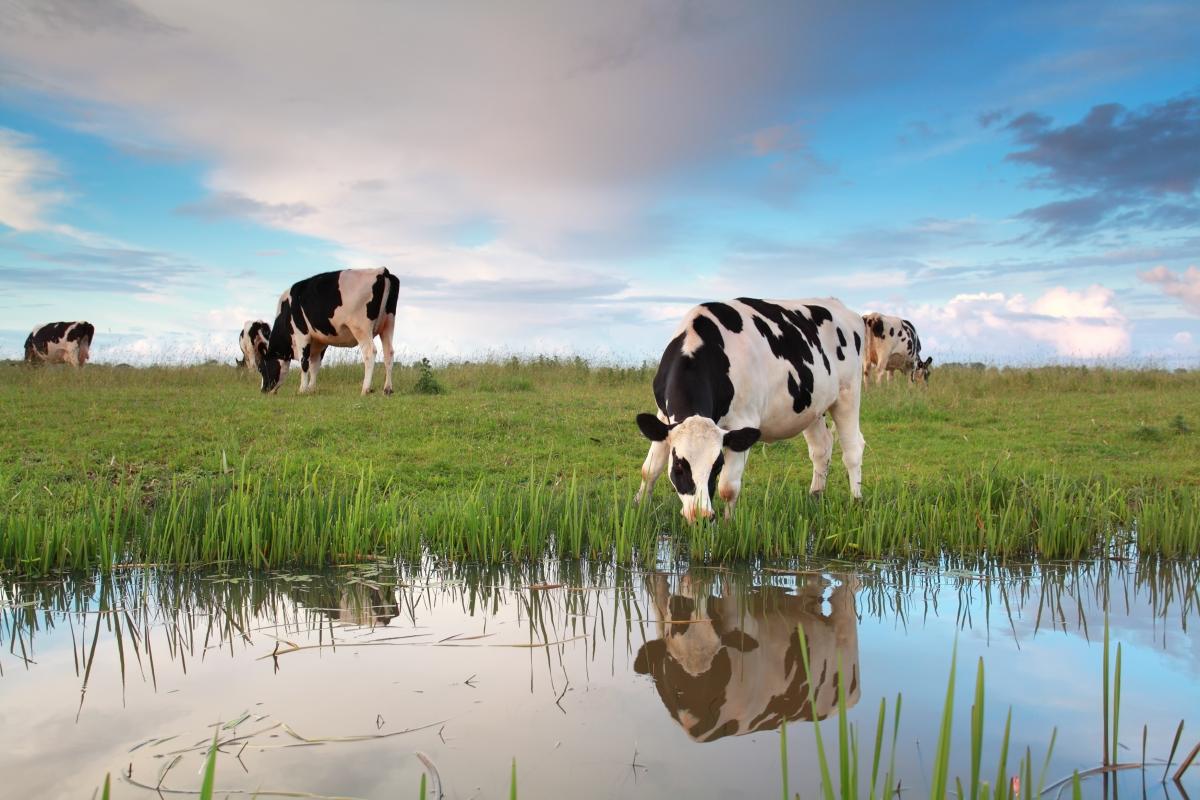National Network on Water Quality Trading Issues Report on Advancing Technology
November 13, 2018
 The National Network on Water Quality Trading, of which NMPF is a member, released a new report in October examining why water-quality trading is not well-known. It also proposed a detailed agenda to help use water-quality trading in more watersheds across the United States.
The National Network on Water Quality Trading, of which NMPF is a member, released a new report in October examining why water-quality trading is not well-known. It also proposed a detailed agenda to help use water-quality trading in more watersheds across the United States.
The report, “Breaking Down Barriers: Priority Actions for Advancing Water Quality Trading,” includes an action agenda with a multi-stakeholder plan to:
- Simplify water-quality trading program design and application.
- Ensure state regulatory agencies have adequate capacity and resources to engage in water-quality trading.
- Clarify each administration’s and the U.S. EPA’s position on water quality trading.
- Actively address real and perceived risks for buyers.
- Identify and address risks of litigation.
- Create guidance on trading for storm water.
- Build stakeholder relationships and trust.
When designed well and combined with other approaches, water-quality trading can increase flexibility and reduce cost for regulated entities trying to meet clean water permit requirements; spur watershed-scale coordination and investment in natural resource restoration; diversify revenue streams for agricultural producers; provide a vehicle for both public and private investments; and create new wildlife habitat or recreation opportunities for local communities.
The action agenda can help inform budgeting, grant-making, work-planning, and fund-raising efforts for meeting clean water goals with water quality trading. It also includes specific steps for state regulatory agencies, the U.S. Environmental Protection Agency, credit buyers, and nonprofit or foundation partners to provide clarity around models that quantify credits, create templates that ease program design, offer realistic expectations around the time and expenses involved, and ensure grant-making programs are better designed to support trading program development, among other efforts.
NMPF will use this report as it advocates for implementing water trading in places like Pennsylvania and elsewhere.






